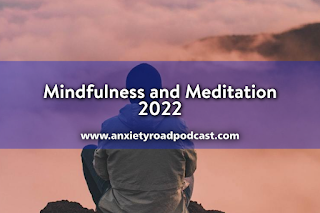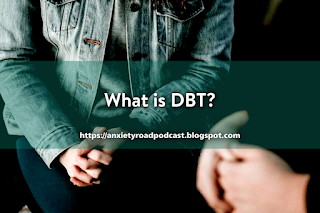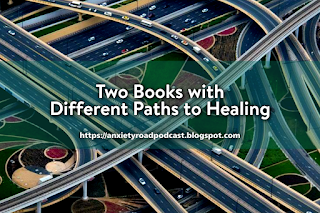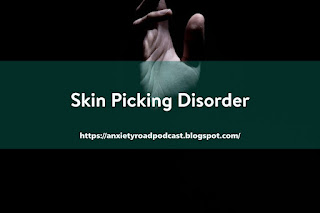Welcome to the apps and tools source page of the Anxiety Road Podcast. These are some, but not all of the apps and functional websites and tools for anxiety and mental health resources. I hope to add to the page when possible. Please review the terms of service and permissions when considering installing an app or using a web based service.
For those new here, this blog and podcast is the involuntary journey finding medical, behavioral health, meditation, relaxation and x=the unknown treatment options and resources for people that have anxiety, panic attacks and phobias too. This podcast is treatment agnostic, meaning with a very few exception it is open to the wide range of choices for treating an anxiety condition/disorder.
Prior episodes on these topics:
Apps for Anxiety and Mental Health
Apps to Help You Take Care of Yourself
Bandwidth Anxiety and Three Apps of Interest
Seeking Therapy When You Don't Know Where to Start
Finding a Therapists for Your Anxiety Condition
Before You Commit to the Therapists Couch
Questions Seeking Mental Health Providers
Apps
2024 Update: The website One Mind PsyberGuide is closed. The non-profit could not obtain funding. At this time you can still access the site, but there will be no updates. PsyberGuide is a resource to help you find and evaluate mental health apps. The project looks at on-line, Android and iOS apps. Some of the mental health apps have an evaluation of their performance. There is good information on the site but it is a bit quirky. Bear with it - growing pains.
MoodTools can help track depression levels and provided you with coping ideas to keep you safe. Available for Android and iOS for a subscription or in-app donation.
My Noise Interactive Sound Generator Also the home of the
Cat Purr Generator.
7 Minute Work Out, give the app seven minutes and move your body. for Android and iOS devices.
Stop, Breath Think guides you through the process. This app is available for Alexa users as well as iOS and Android. Alexa users can go to the specific web page to acquire the app instructions.
Sleepzy,
Sleep Cycle Tracker to monitor your sleeping habits. This is for iOS users.
The Safe Place Jasmin Pierre's app contains information about mental health issues and topics specifically for folks like, How to Cope After Police Brutality, Mental Health In The Black Church, How to talk to black family members who may not want to understand mental illness, Breathing Techniques, Meditation and Exercise. The app is currently on
Android and
iOS for iPhone and iPad.
What's Up? - Mental Health App for Android is also focused on CBT training. It uses grounding techniques, explains about negative thinking patterns, a diary and helps you to track when you feel you are in too deep. There is also an
iOS version.
Woebot App walked you through an attack or anxiety situation, applies cognitive behavioral therapy to help you learn skills on handing an anxiety attack. Android and iOS devices.
Functional Tools
If you need mindless videos to help you fall asleep don't forget about the sheep from
Baa Baa Land. It is a mind wiper, for sure.
Choose Muse Meditation Headband that works with an app on your phone to h elp your get into the meditation/mindfulness mode of being.
How to
Trick Your Brain into Falling Asleep video from TEDx
The
Somnox Sleep Pillow is designed to help you get to sleep. It is a robot that will coach you on breathing patterns, simulate heartbeats or provide soothing sounds to guide you into the sleep zone.
LoveSync, a Kickstarter campaign to help people communicate about their desire for sex by
pressing a button.
Websites
Searchable therapist databases:
American Depression and Anxiety Association has a
Find A Therapist page
Dept. of Veteran Affairs Harry Truman Memorial Hospital recordings on
relaxation techniques.
Frantic World Meditations
Healthguide.org page on
Finding A Therapist Who Can Help You Heal
Moby has 4 hours of Ambient Music for Calm and Relaxation the main page is
http://moby.com/la1/ You can also listen to Moby's music on SoundCloud, Google Play, iTunes and other services.
Open Path Psychology Collective
Psychology Today
searchable database of providers
Disclaimer:
Links to other sites are provided for information purposes only and do not constitute endorsements.
Always seek the advice of a qualified health provider with questions you may have regarding a medical or mental health disorder.
This blog and podcast is intended for informational and educational purposes only. Nothing in this program is intended to be a substitute for professional psychological, psychiatric or medical advice, diagnosis, or treatment.





















